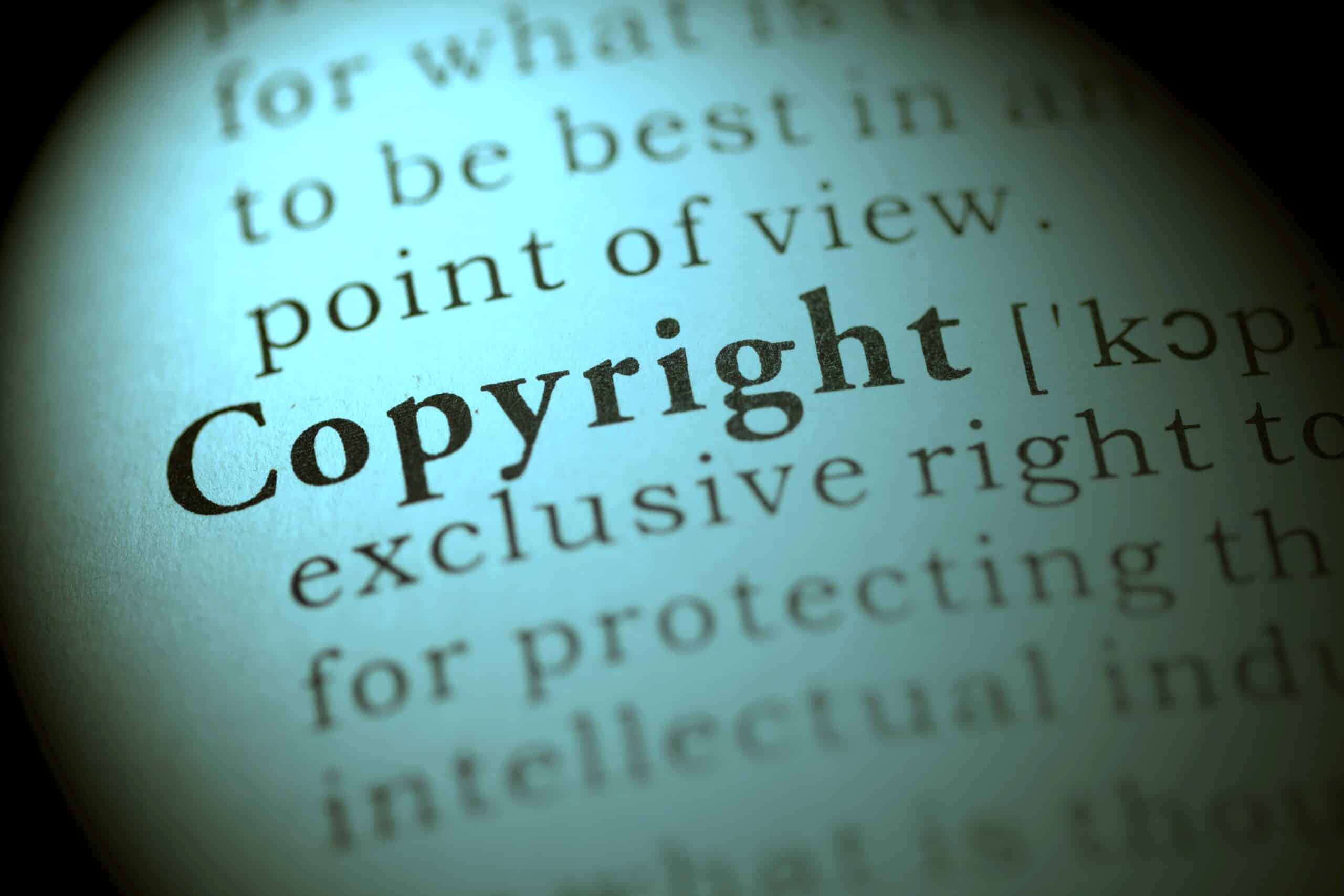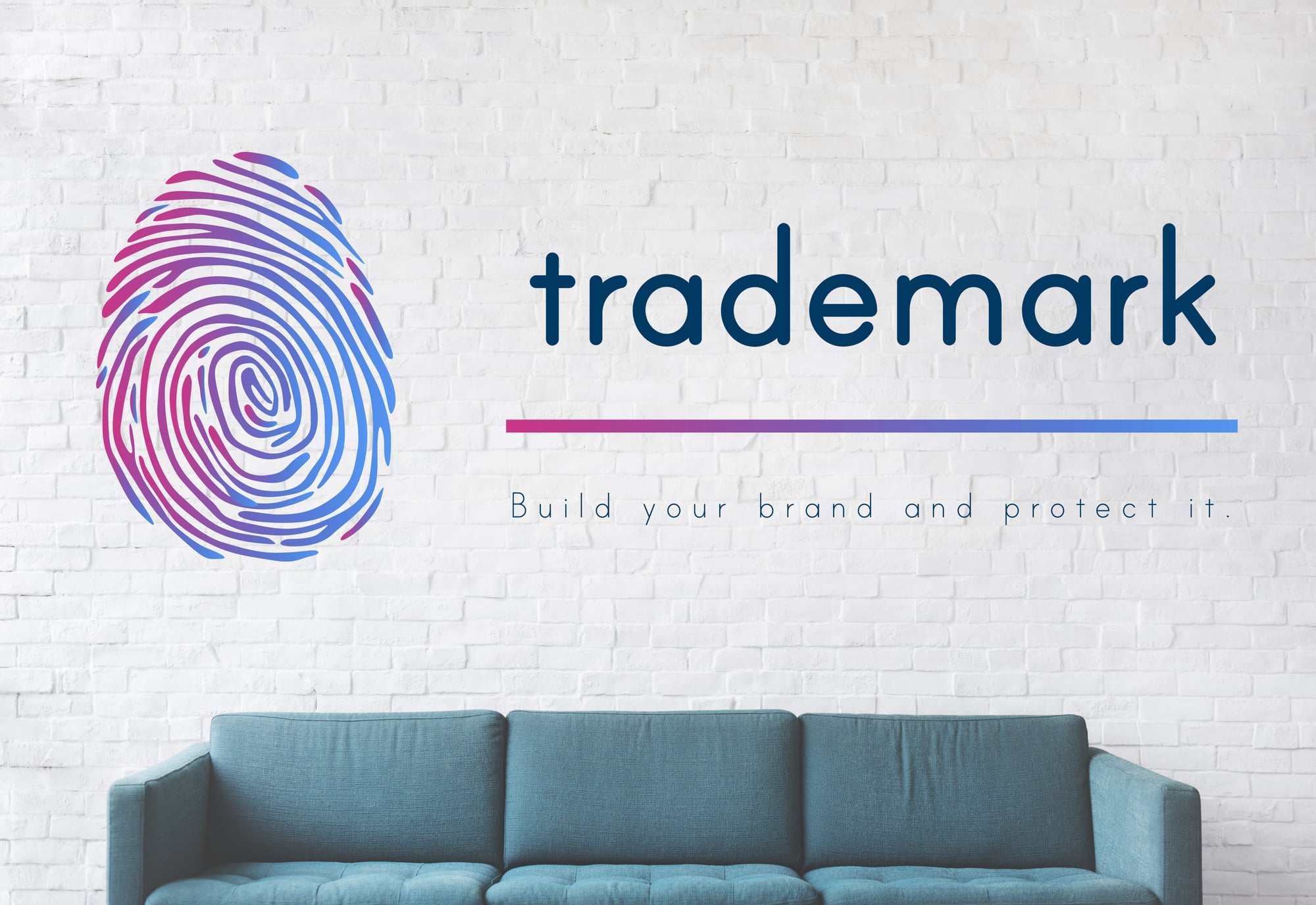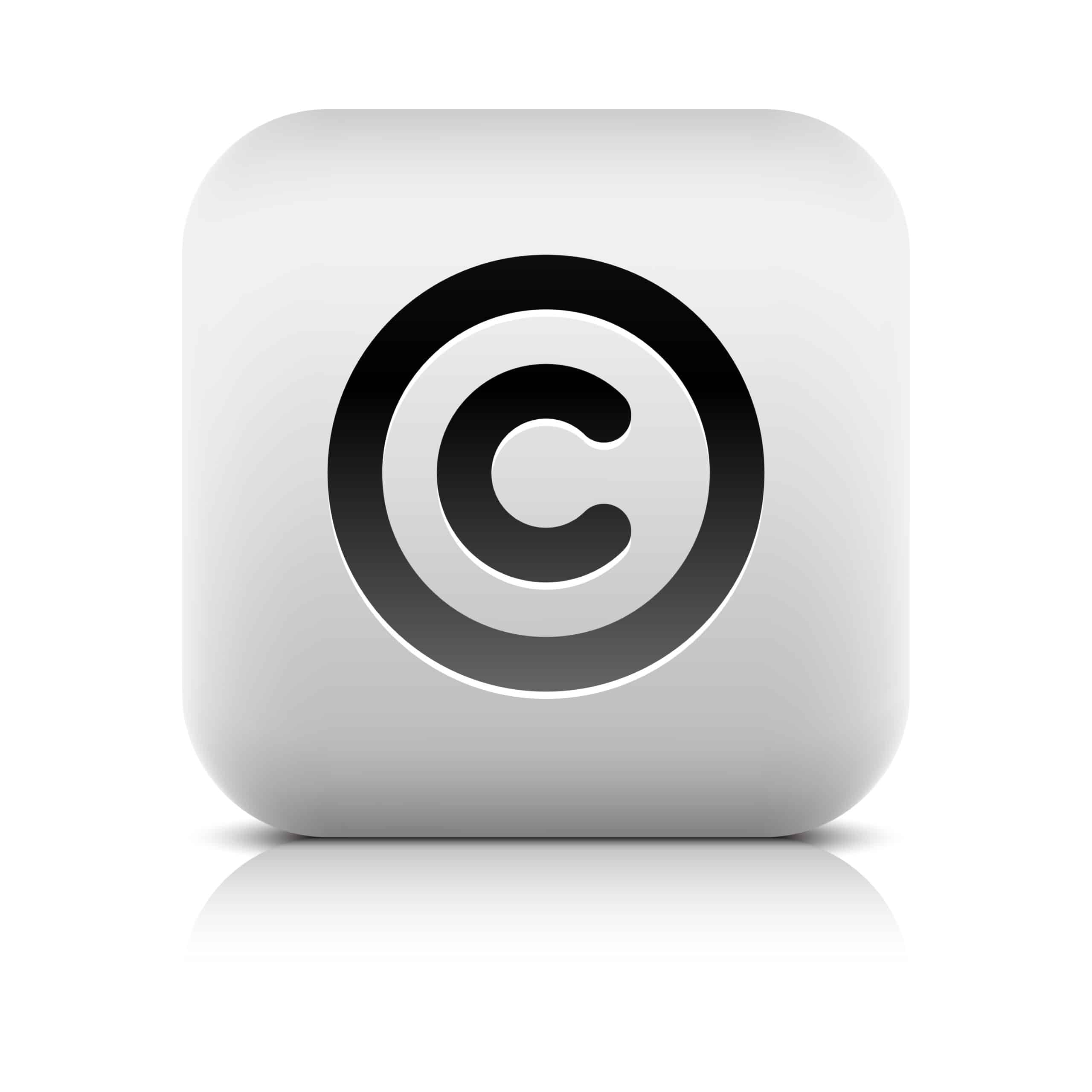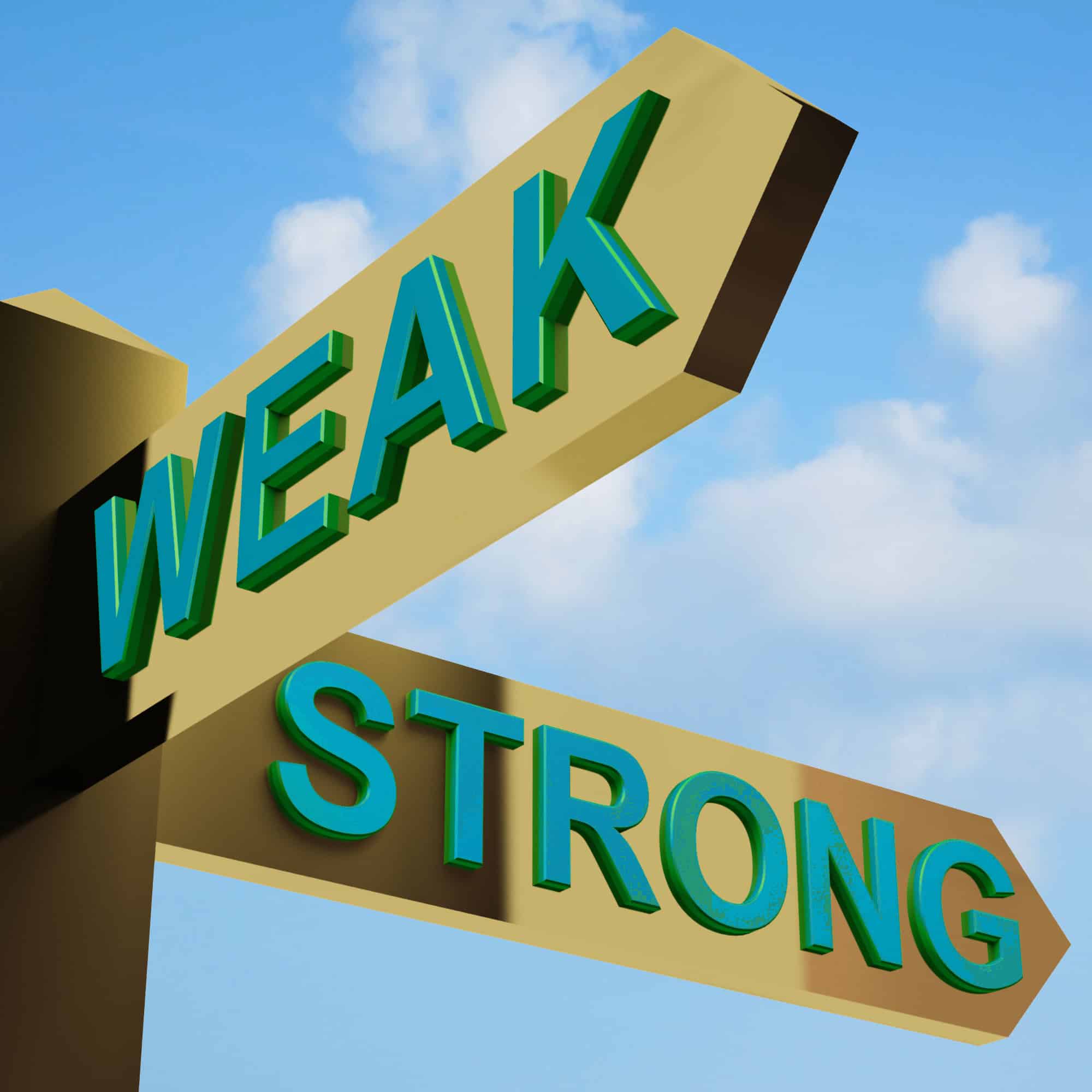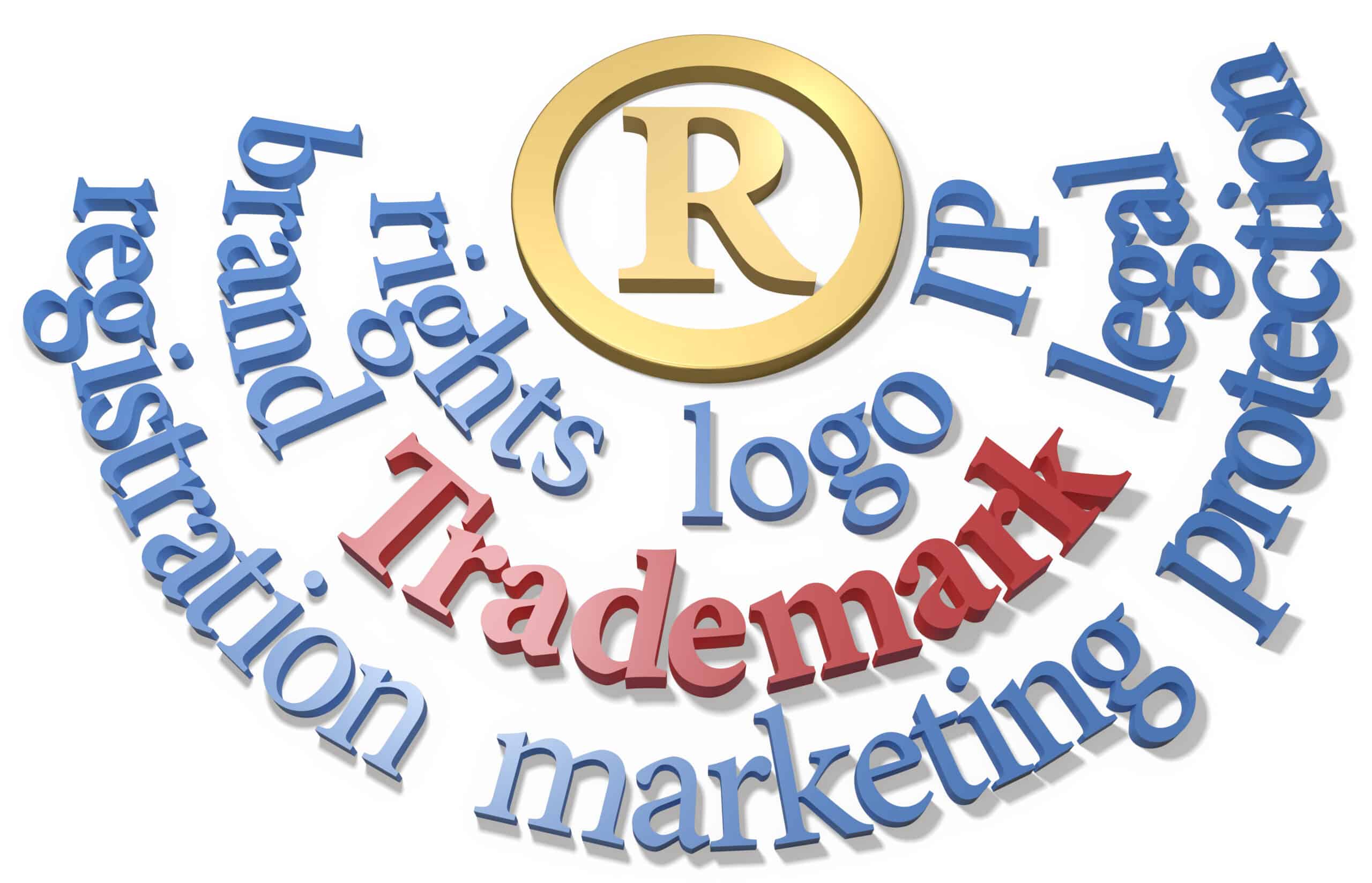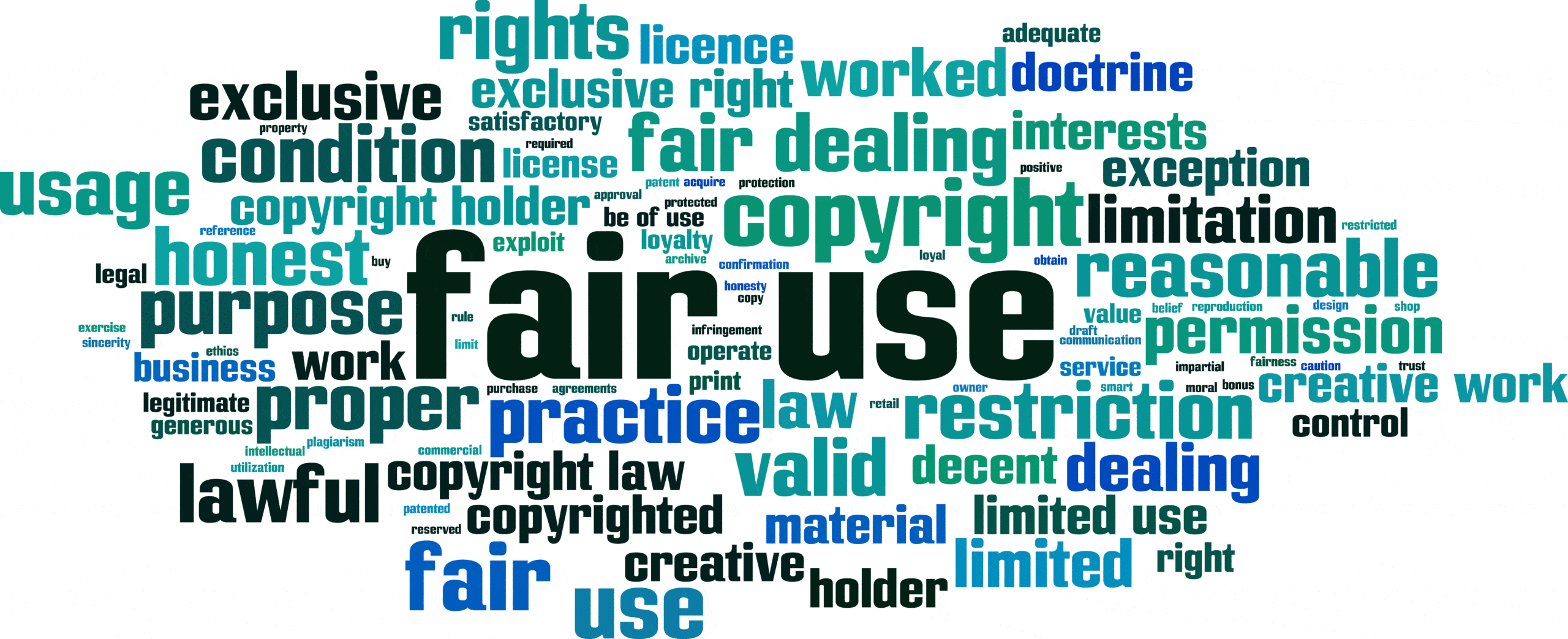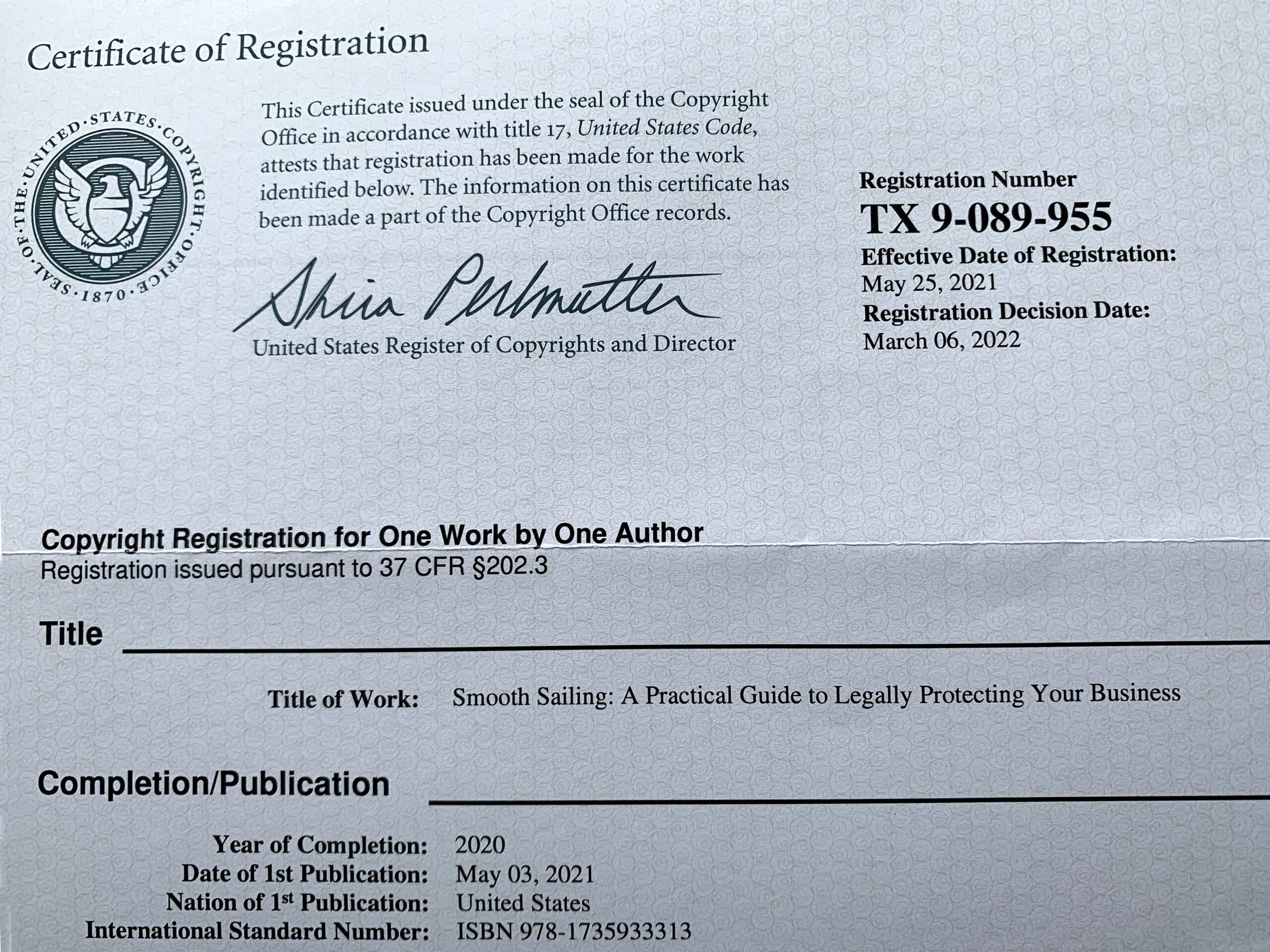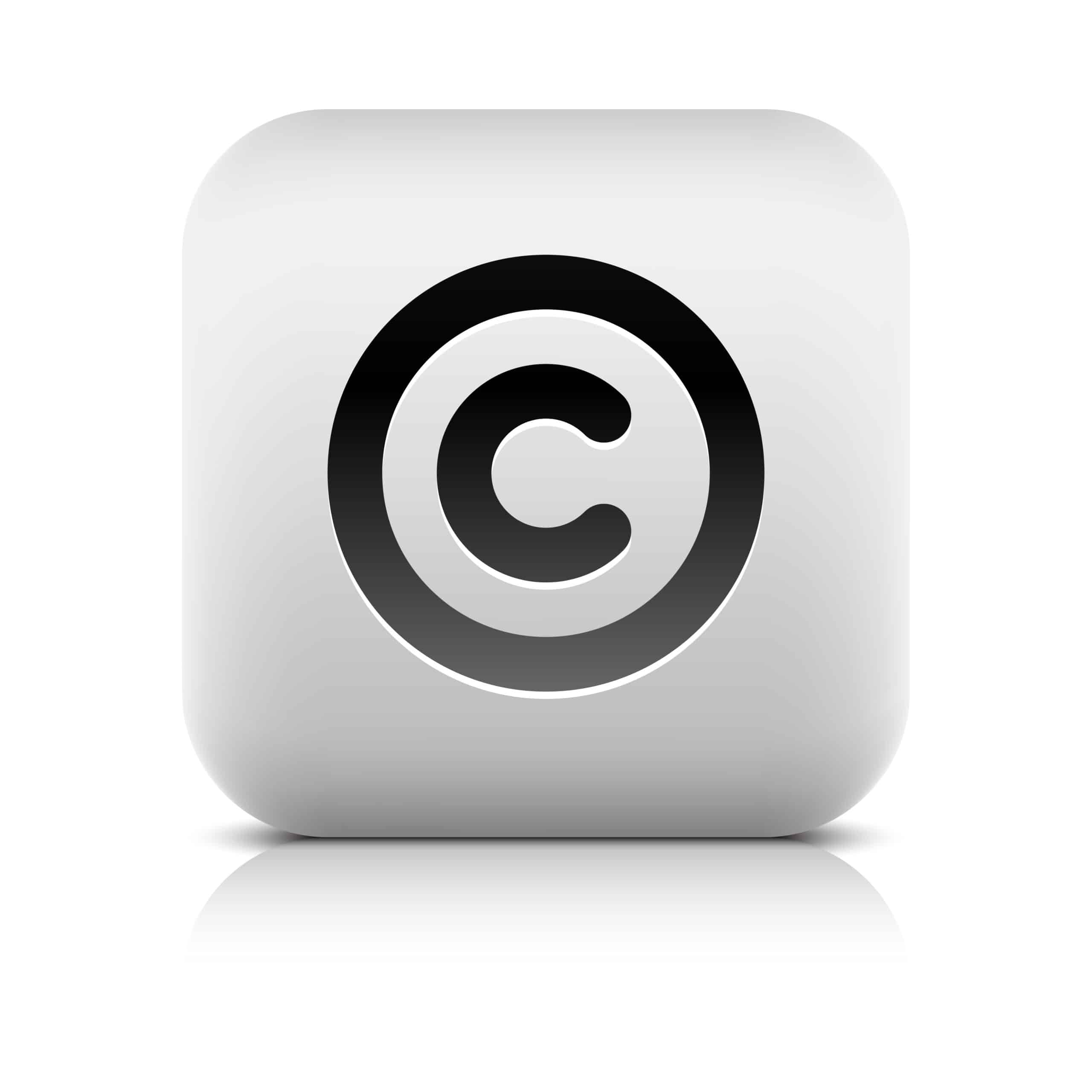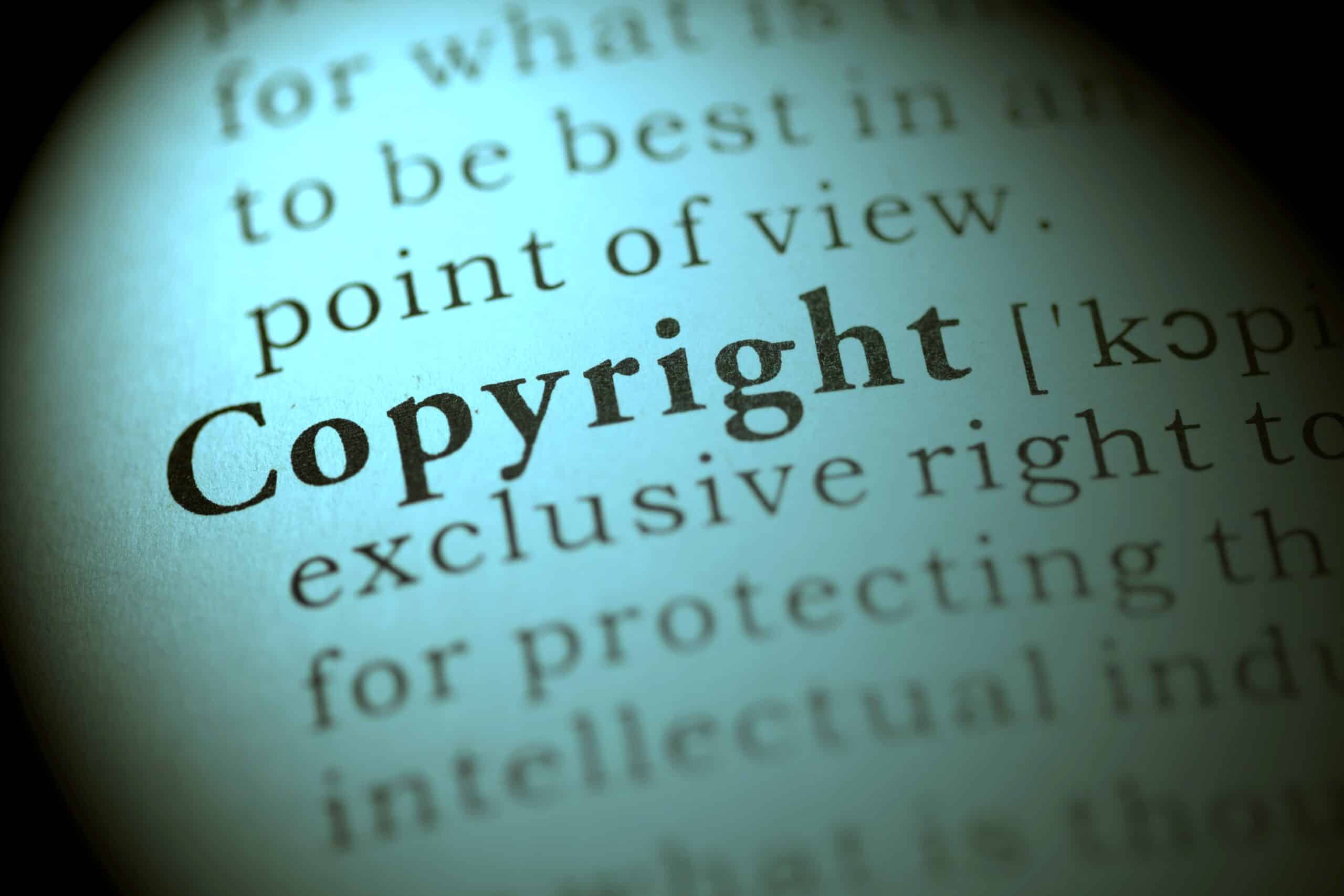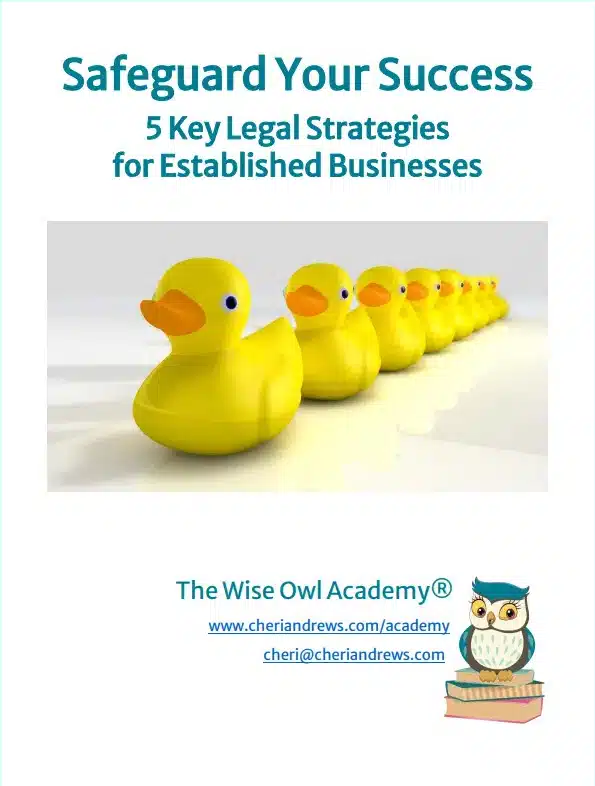In this article we will discuss how to protect your copyrightable assets and what your options are if you find someone is infringing your Work. If you don’t have a basic understanding of what Copyright is and what it protects, read our Copyright Basics post before digging into this material. This post picks up where that one left off.
Now that you understand the basics of copyright, you probably have a lot of questions about how it applies to you as a small business owner. Let’s see if we can answer a few of them!
Does your small business have assets subject to copyright?
I’m willing to bet it does! There are so many assets you create in your business that are subject to copyright protection. These include:
- Marketing copy
- Website copy
- Blog posts
- Videos for Facebook Live, Instagram, TikTok, LinkedIn, etc.
- Course content
- Books, eBooks
- Articles for magazines and newspapers
- Graphics posted to social media
- Images
As long as you are the creator, these all qualify as original works of authorship fixed in a tangible medium. They are all subject to copyright protection. You want to take proactive measures to ensure that your rights in these intellectual property assets are protected.
How can you protect your copyrightable assets?
Use a Copyright Notice.
A copyright notice is technically not required on your website or course materials. Despite this, I advise my clients to use a copyright notice on everything they create. People tend to believe (wrongly) that anything on the Internet is fair game. Your copyright notice tells them your material is NOT fair game. Update the copyright notice on your website yearly. Your copyright notice looks like this: © Your Company Name 2019 – 2022.
Set up google alerts for text-based materials.
You can create an alert for the catchy title of your course, or a block of text from your book or blog post and Google will let you know if it shows up somewhere else.
Watermark images, pdfs, etc.
Honestly, the only purpose this serves is to make it harder or others to steal and use them. But I’m all for slowing them down where possible.
Hire a copyright monitoring service.
Services such as copyrighted.com or dmca.com send out a web “spy” to crawl the internet for your content for around $120/year.
Proactively register your copyright.
This applies to your book, your courses, your blog posts. While registration for a book is filed individually, you can do quarterly registrations of your website or blog post content as a group for a single registration fee. Doing so provides additional protections that your common law copyright doesn’t. This is by far the best way to protect your copyrightable assets.
What can you do if someone is infringing on your copyrightable assets?
If you learn that someone else is using your Work without your permission, you have a few options on how to address it.
- Ignore it. If you feel it is okay for anyone to use your Work for their own benefit, it is okay to let it go. In some cases, free and open distribution is desired even if you don’t get credit.
- Send a Cease-and-Desist letter. The letter basically calls out the offender on the inappropriate use of your Work and asks them to stop immediately.
- Offer a License. You can offer the offending party a license to use your Work in exchange for a licensing fee and attribution. This can also be part of a Cease-and-Desist letter as an alternative to ceasing use.
- File an Infringement suit. If the Cease-and-Desist letter isn’t effective at curbing the bad behavior, the next step is a lawsuit.
BUT … you must have your copyright registered with the U. S. Copyright Office before you are able to file an infringement claim in federal court. This is a relatively new wrinkle in copyright law. Previously, the federal circuit courts were divided on whether a registration was necessary. Some allowed lawsuits to proceed on the strength of an application having been filed with the Copyright Office prior to the actual registration having issued. But in March of 2019, in the case of Fourth Estate Public Benefit Corp. v. Wall-Street.com LLC, the U.S. Supreme Court settled the split among the federal courts, holding that you must have a valid registration in order to pursue copyright infringement litigation.
Are you ready to protect your copyrightable assets? Is proactive copyright registration on your to do list? Let’s talk!

